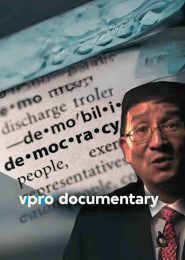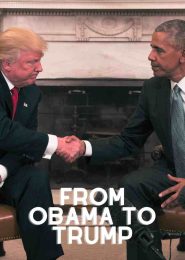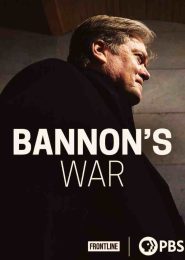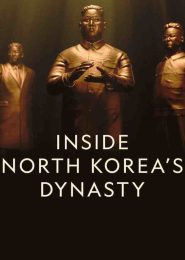IRAN (Is Not The Problem) (2008)
The documentary IRAN (Is Not The Problem), directed by Aaron Newman in 2008, serves as a response to the American mass media’s failure to provide accurate and relevant information about the standoff between the United States and Iran. This situation echoes the lead-up to the invasion of Iraq, where misinformation and skewed narratives prevailed.
The film challenges prevailing notions about Iran, particularly those propagated by the media. It counters the portrayal of Iran as a nuclear menace, bent on wiping Israel off the map and supporting terrorism. Instead, it places these claims within the context of historical and present-day U.S. imperialism and hypocrisy concerning Iran.
The documentary delves into several key aspects:
- Struggle for Democracy Inside Iran: It sheds light on the internal struggle for democracy within Iran, emphasizing that the country is not a monolithic entity but a diverse society with its own complexities.
- Consequences of Escalation: The film examines the consequences of escalating tensions between the U.S. and Iran. It questions the potential impact of a U.S. or Israeli attack and urges viewers to consider alternative approaches.
- Historical Context: By tracing historical events, the documentary reveals the complexities of U.S.-Iran relations. It highlights instances of diplomatic double-speak and U.S. domination on the global stage.
- Hypocrisy and Imperialism: The film underscores the hypocrisy inherent in U.S. foreign policy, emphasizing that Iran’s actions should be understood within this broader context.
In a world where truth often becomes a casualty of war, IRAN (Is Not The Problem) encourages critical thinking and challenges prevailing narratives. It invites viewers to question assumptions, seek accurate information, and engage in informed discussions about international relations.
Despite some sound editing issues, the documentary provides valuable insights and historical perspective. It is recommended for high school and college classes, offering a reality check for those who may have been influenced by fictional portrayals of war and geopolitics.




